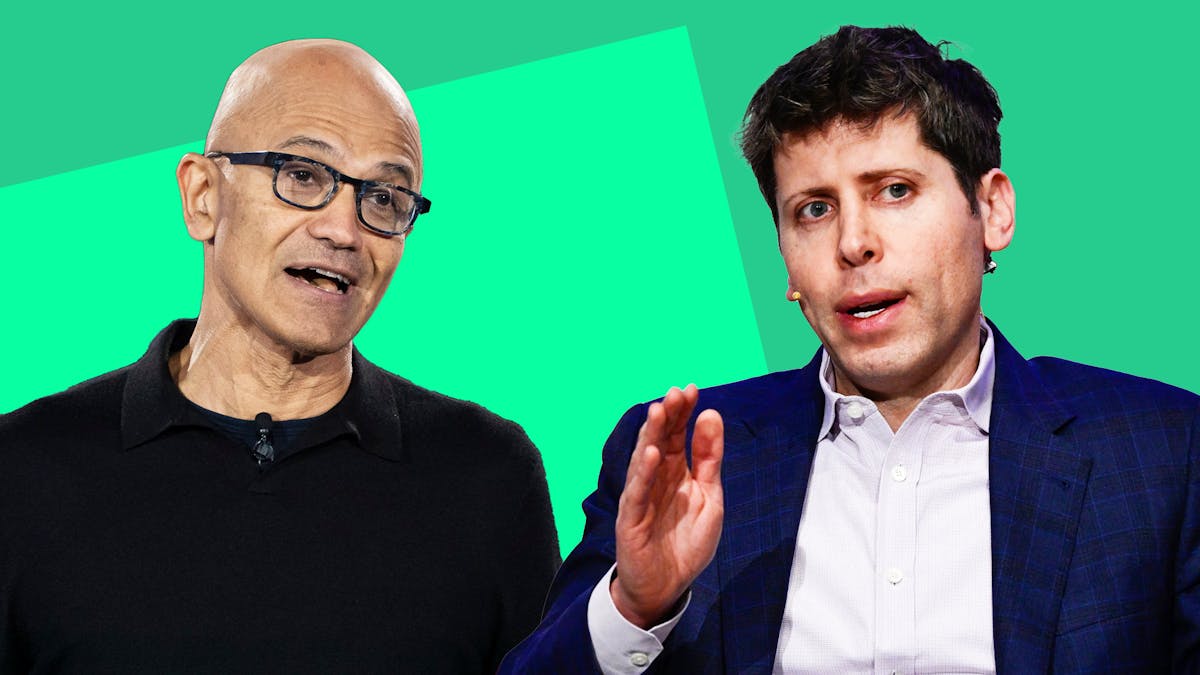Microsoft and OpenAI signed a non binding memorandum that gives OpenAI more capital flexibility, allows a multi cloud strategy, and preserves Microsoft as a major investor. The move signals a shift toward coopetition in enterprise AI deployment and could reshape cloud competition and pricing.

When two companies valued at a combined 4.5 trillion issue a three sentence release, the tech world pays attention. Microsoft and OpenAI announced a tentative, non binding memorandum of understanding that could change a pivotal AI partnership. The agreement aims to give OpenAI greater operational flexibility while keeping Microsoft as a strategic investor and partner.
The Microsoft OpenAI integration has been central to modern enterprise AI deployment. Since 2019, Microsoft invested billions and became OpenAI's primary cloud partner, enabling broad distribution of ChatGPT capabilities across Bing, Office 365, and Azure services. That close tie accelerated innovation, but also limited OpenAI's options as it scaled.
Discover how this shift could affect cloud competition and enterprise planning. A move toward multi cloud management and diverse AI partnerships can drive better pricing, more deployment choices, and faster innovation for companies adopting cloud native AI applications. Vendors may need to compete on features, compliance, and cloud security AI capabilities to win enterprise customers.
For IT leaders and product teams, the news highlights the importance of flexibility in vendor strategy. Learn best practices for implementing multi cloud strategies with AI:
The tentative agreement points to a more mature AI market where coopetition becomes common: companies partner where it benefits product development and compete where market share matters. This trend can open opportunities for smaller cloud providers and AI startups to win niche workloads and for enterprises to choose best in class capabilities rather than being locked into single vendor ecosystems.
The Microsoft OpenAI tentative deal is more than a restructure. It signals a shift toward flexible AI partnerships and multi cloud strategies that prioritize resilience, choice, and competitive innovation. For businesses planning enterprise AI deployments, the guidance is clear: design for flexibility, enforce strong cloud security AI practices, and be ready to adapt as partnerships and product integrations evolve.



